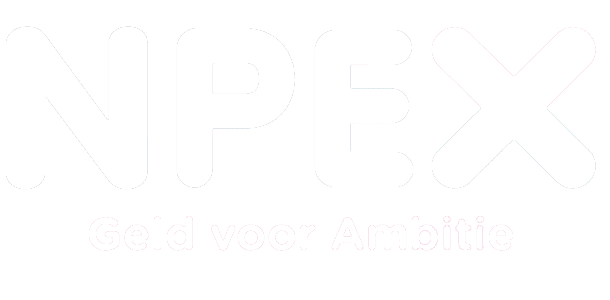Momentum is about to kick off in full gear and it has me thinking about our clients and the problems they face. Information Managers and the organizations they represent face a fast changing Enterprise Information Management landscape. Increasing volumes of information from multiple sources, and systems result in an excess of information. In addition the paths to knowledge are changing as internal or external, traditional or web based and now also social information channels merge together as information sources. Both factors result in information overload for organizations and their Information Managers alike who must cope with the changing landscape. The traditional approach of the past was to select an Enterprise Content Management (ECM) solution and use it as the sole means of solving all Information Management challenges. This approach no longer meets the need of organizations and their users as no one solution will solve all challenges presented.
The evolution of ECM and the use of one tool is reflected in the history of information management. Companies first began to capture paper content via scanning. This was followed by the creation of digital documents using tools such as WordPerfect. The desire to manage information in a better fashion lead to Work Flow Management and over time all these all became part of Electronic Document Management (EDM). The introduction of the Internet and the Web lead to Web Content Management. Finally companies began to manage all information at the enterprise level. Organizations began using Enterprise Content Management (ECM) solutions that became the tool that would allow them to impose enterprise rules on unstructured content. Resulting in increased efficiency and effectiveness as organizations where able to locate processes and manage their information.
The evolution of how users approach their information has taken a different path. The existence of multiple information channels reflects the needs of the users who are also seeking to find and consume and collaborate on information. Often seeking the path of least resistance to information they seek. Users no longer only turn to their busy colleagues but also to the web and tools such as Google and web forums to provide content they need to complete their task. In addition some users don’t share information within the organization but with their social network contributing to the changes in the path to knowledge. Just as enterprises impose rules on unstructured content, the users have imposed rules on collaboration.
I propose a solution approach which creates an environment that would allow users the freedom to collaborate in a way that reflects their needs and allow them to approach collaboration on their terms. Thus imposing user’s rules on the SharePoint environment which reflect the way users work. Key to the solution approach is the ability to impose enterprise rules on the output of the collaborative processes using a robust ECM solution such as Documentum to meet the needs of the enterprise. Ensuring items such as auditability, security, record retention and workflow drive efficiency and effectiveness within the organization while users are still able to locate processes and manage their information.
I think the topic needs a bit more detail, and I will try to expand this in the near future. Love to hear your thoughts!
Timm Scalf
Director


















